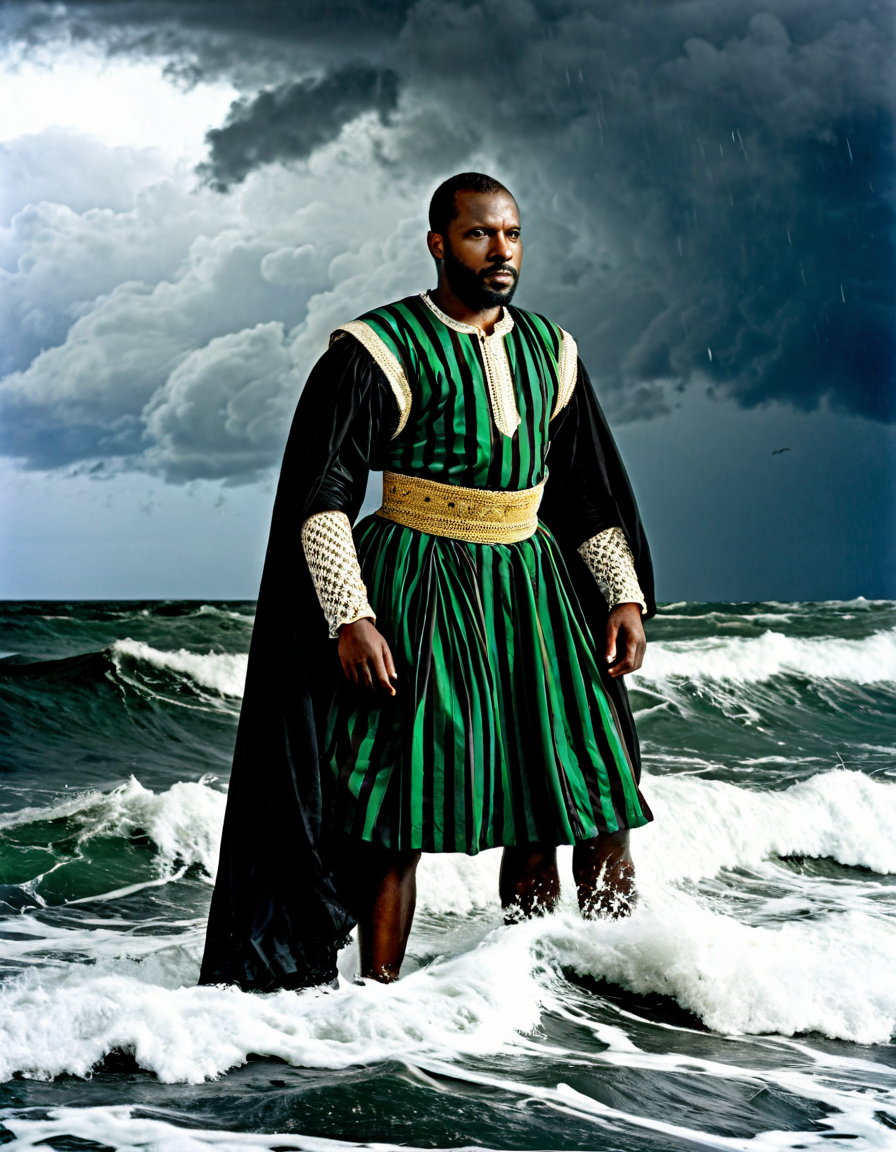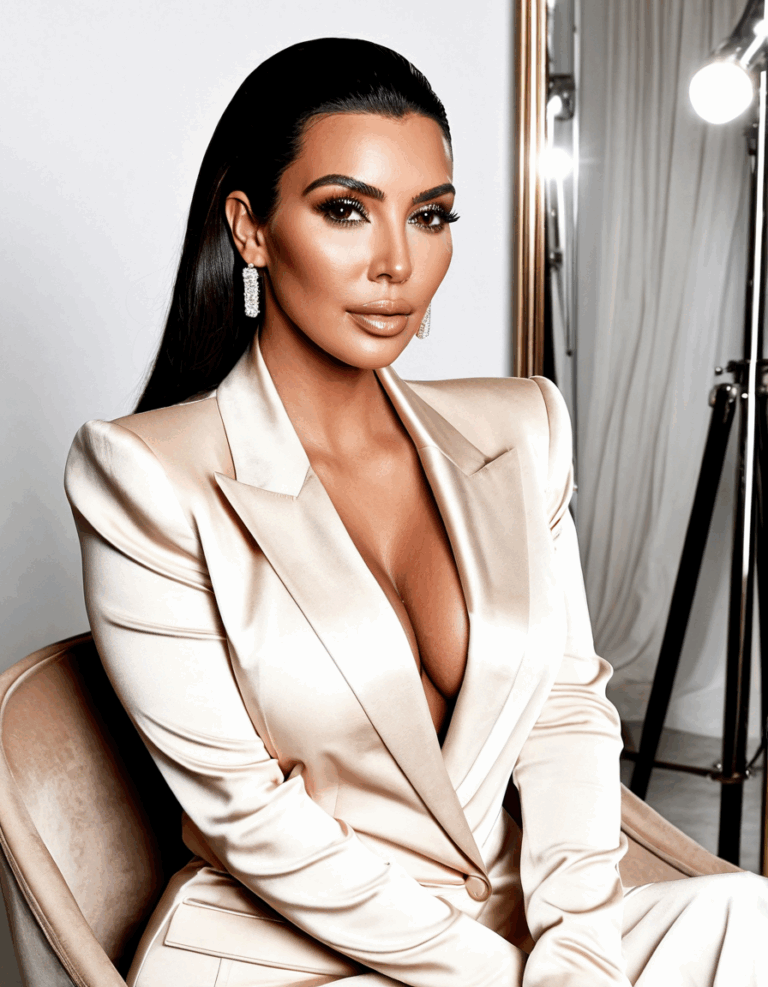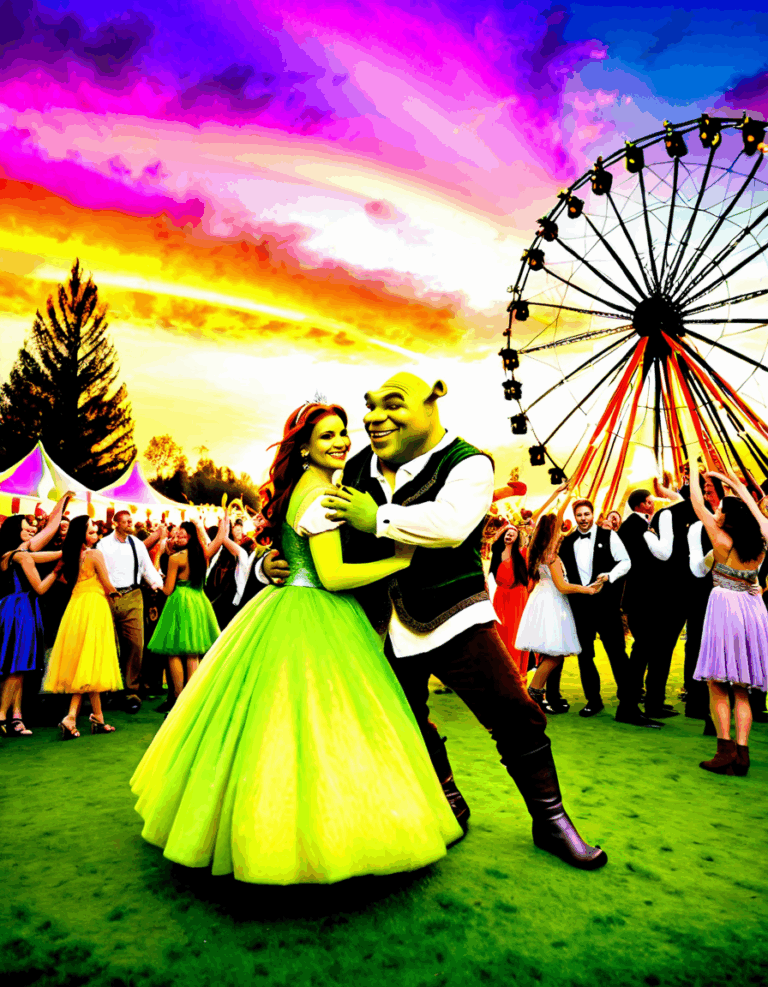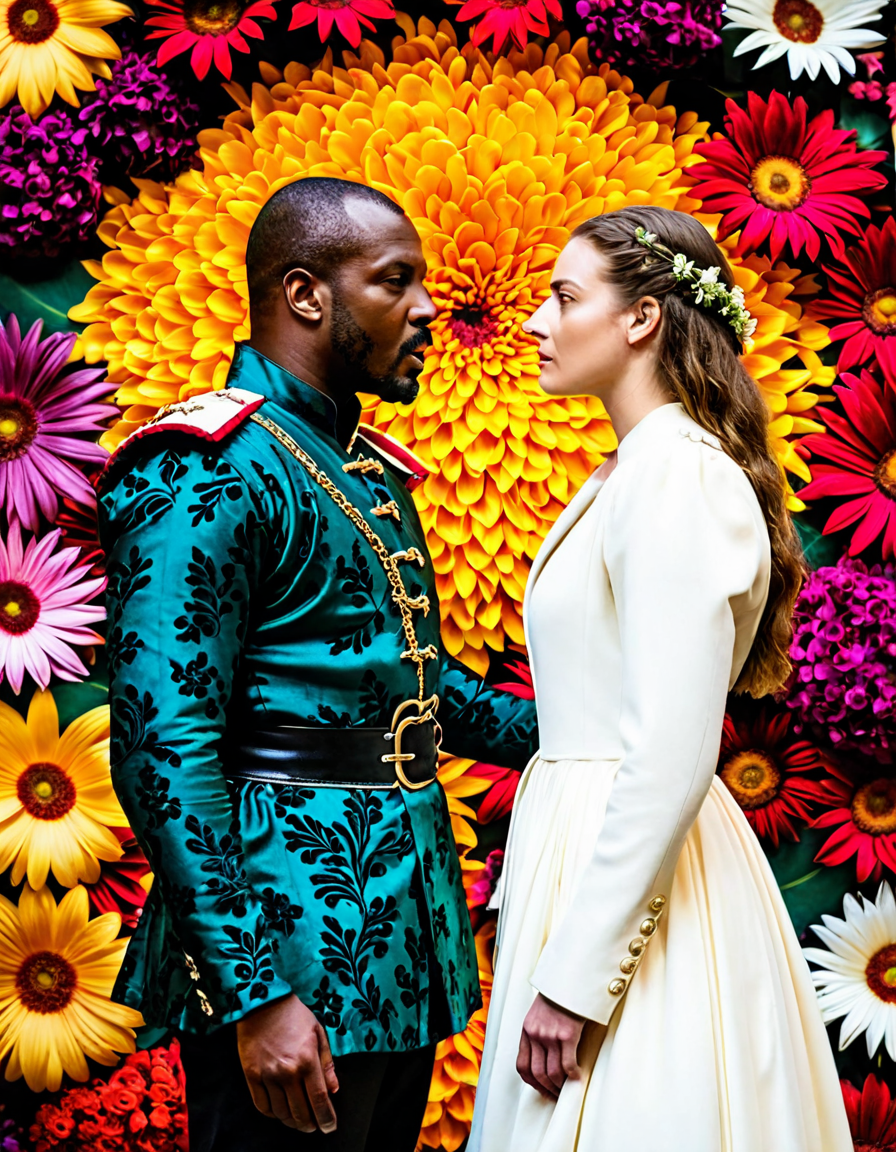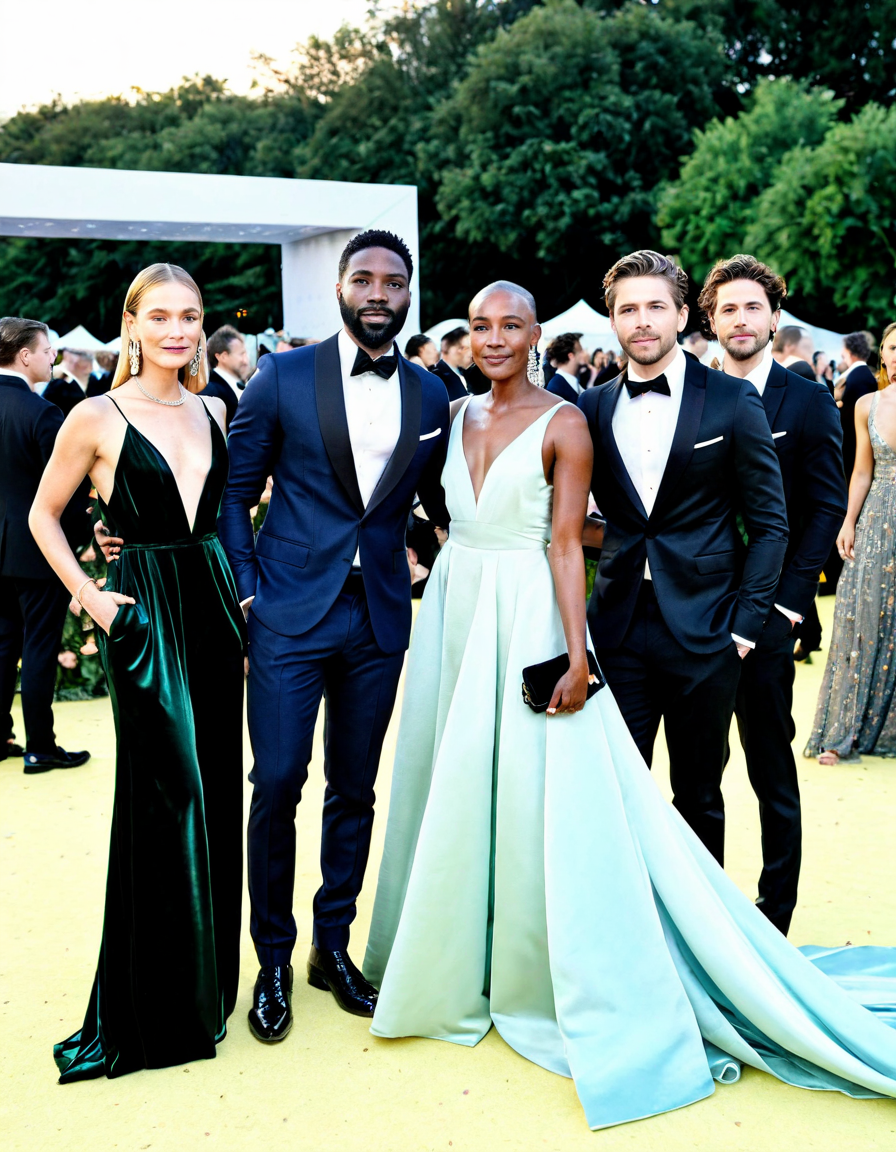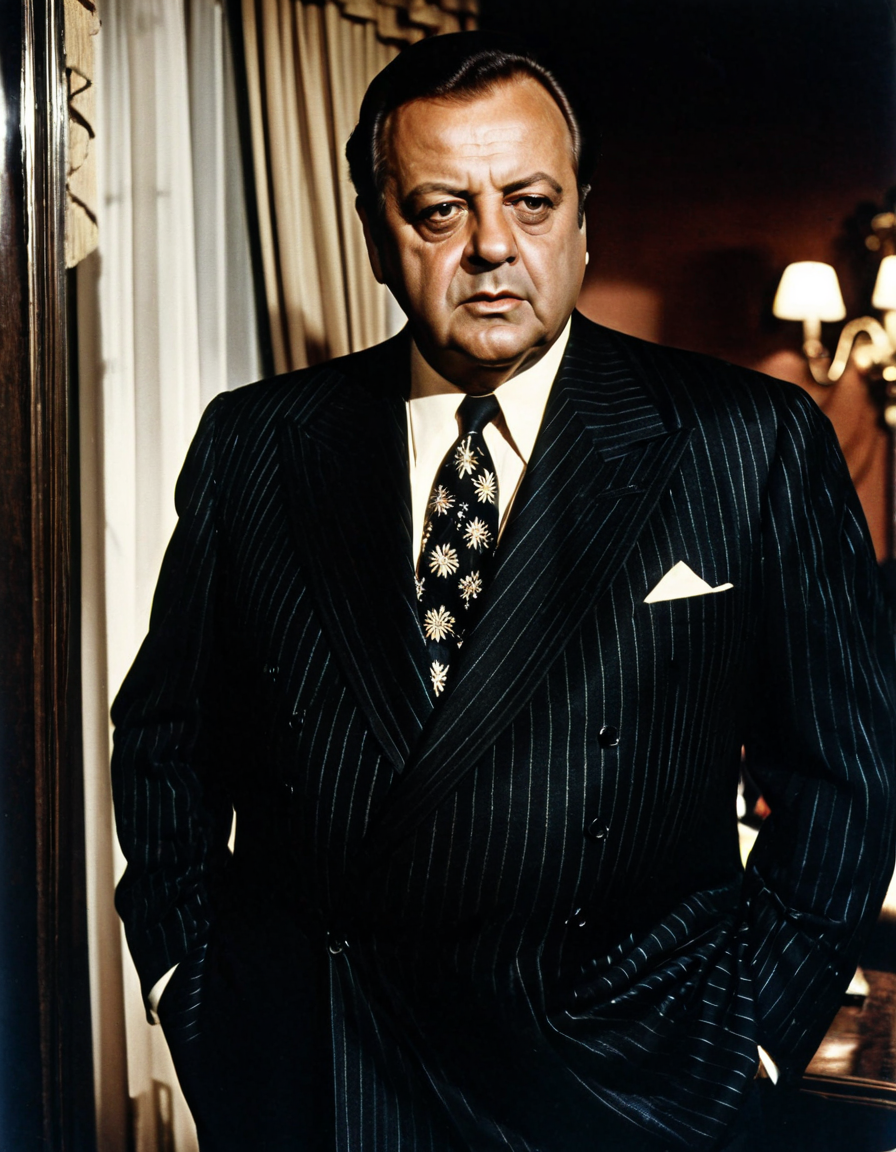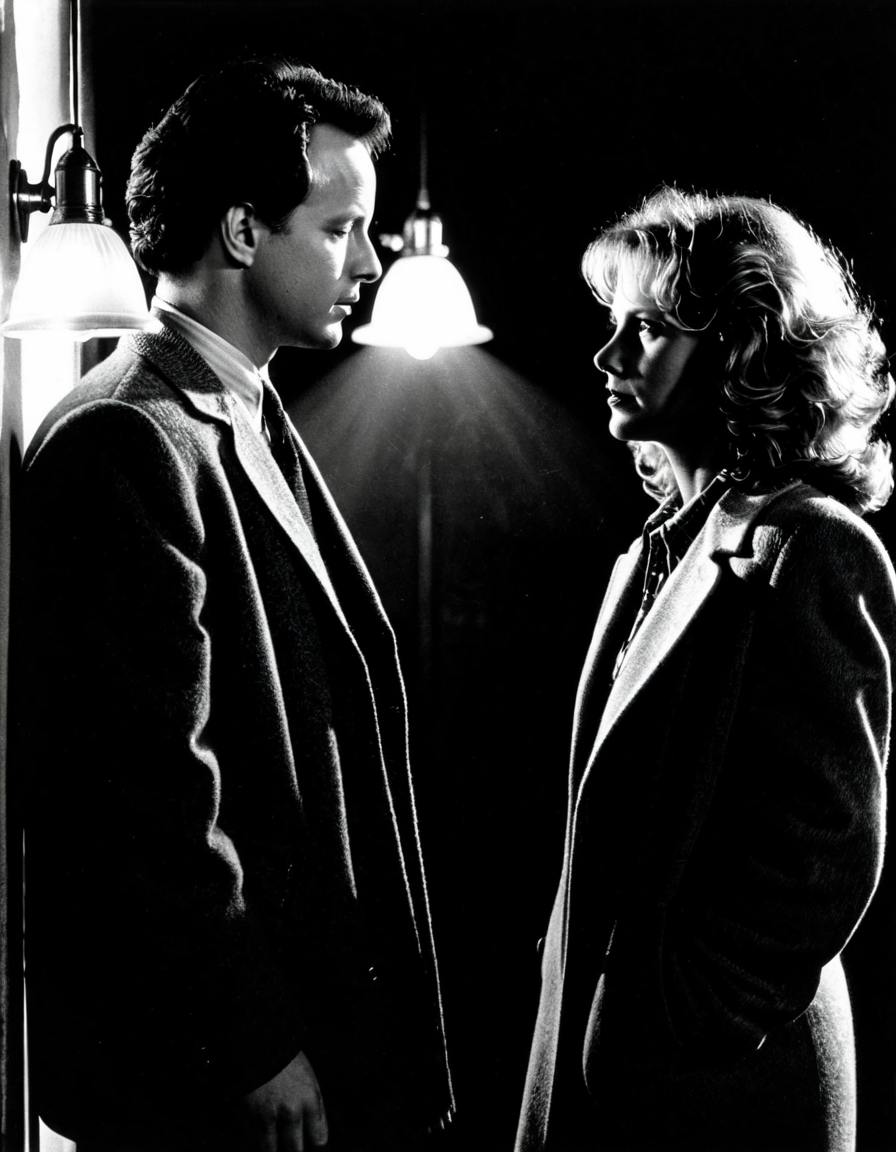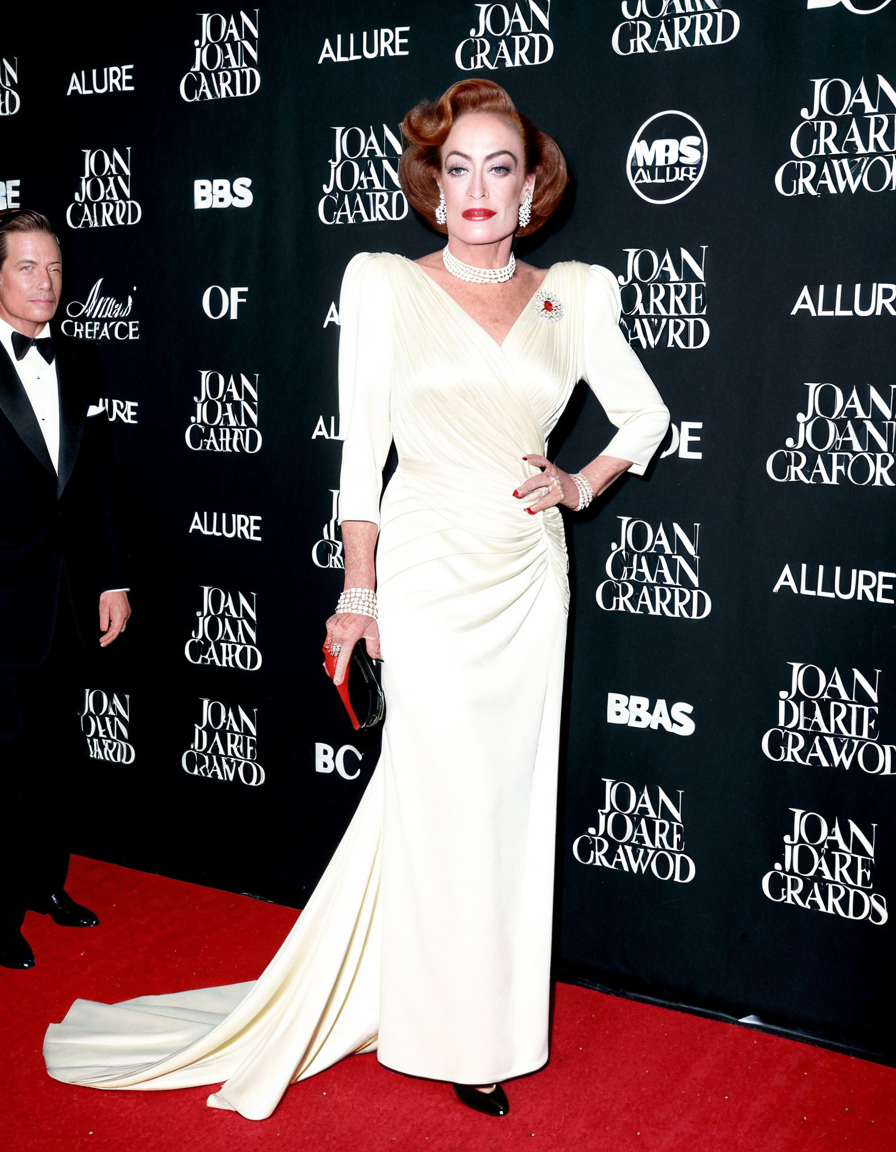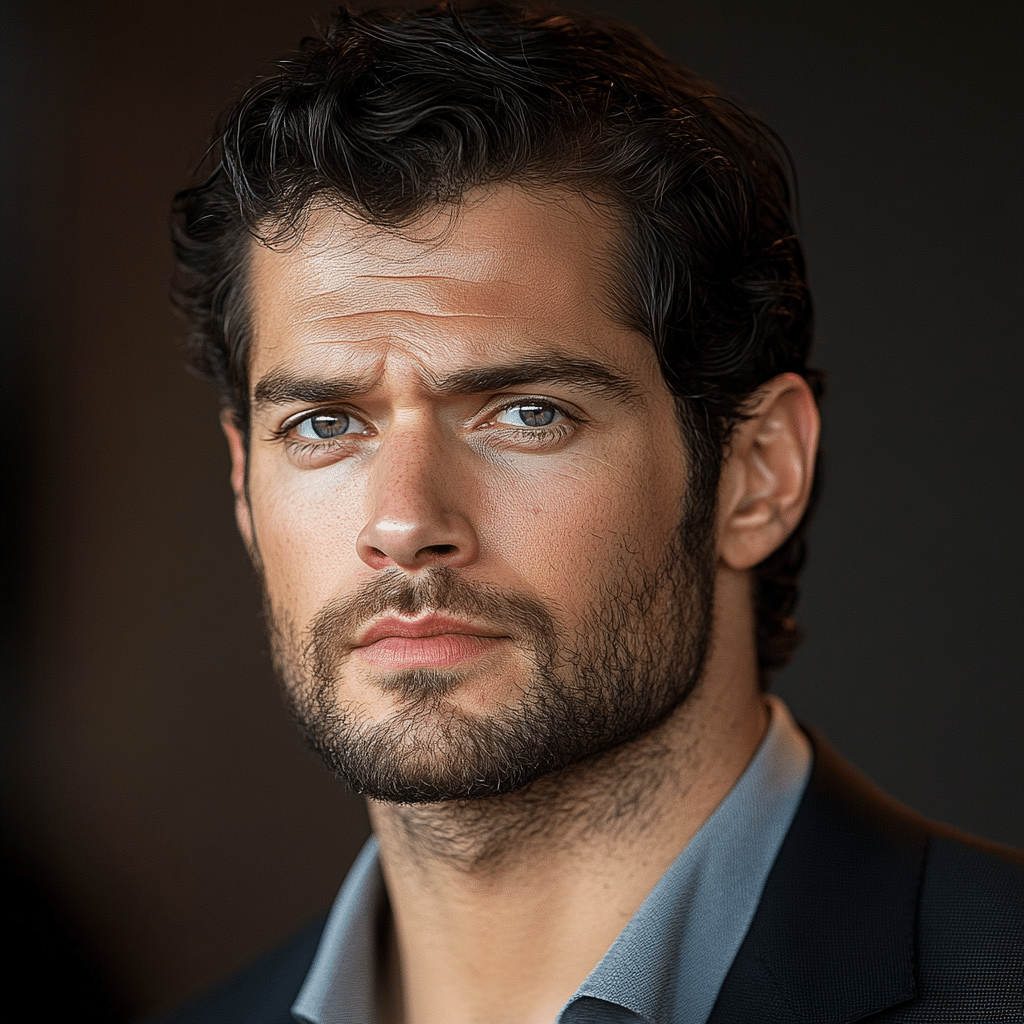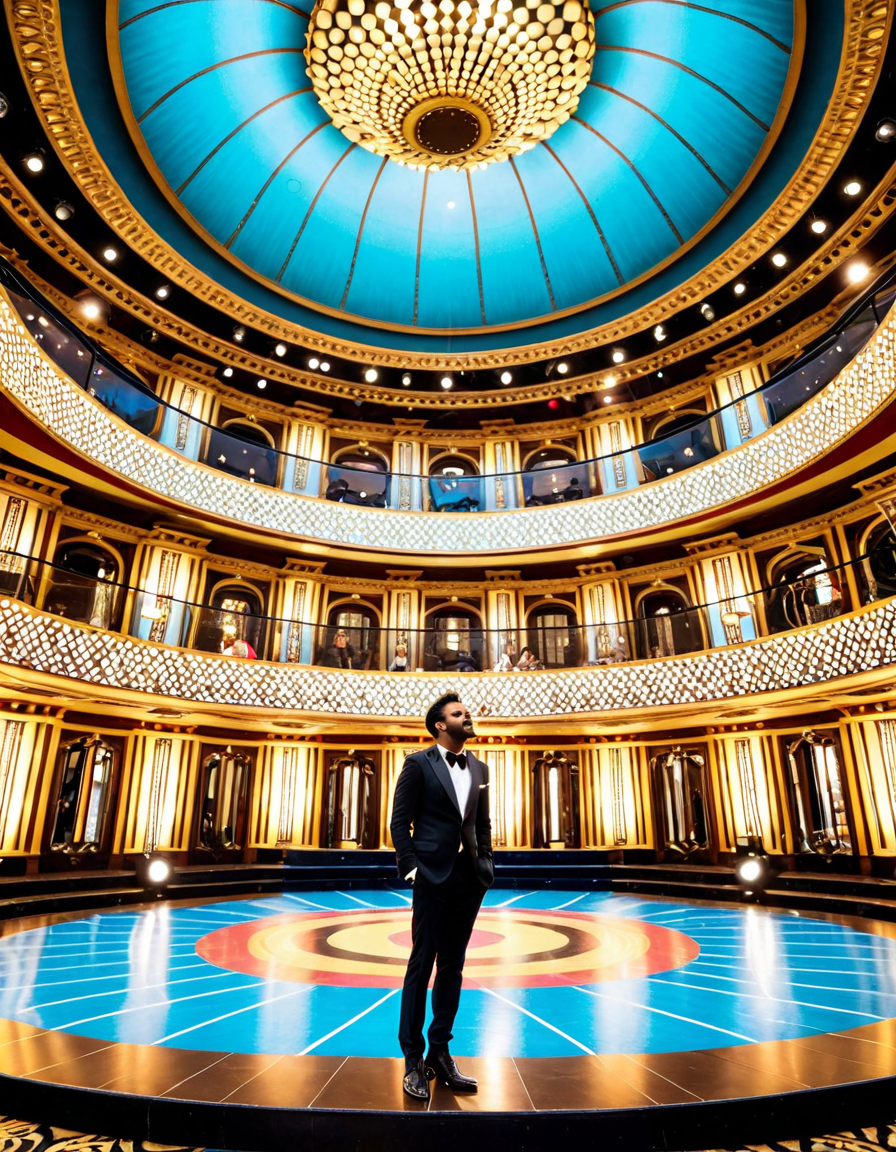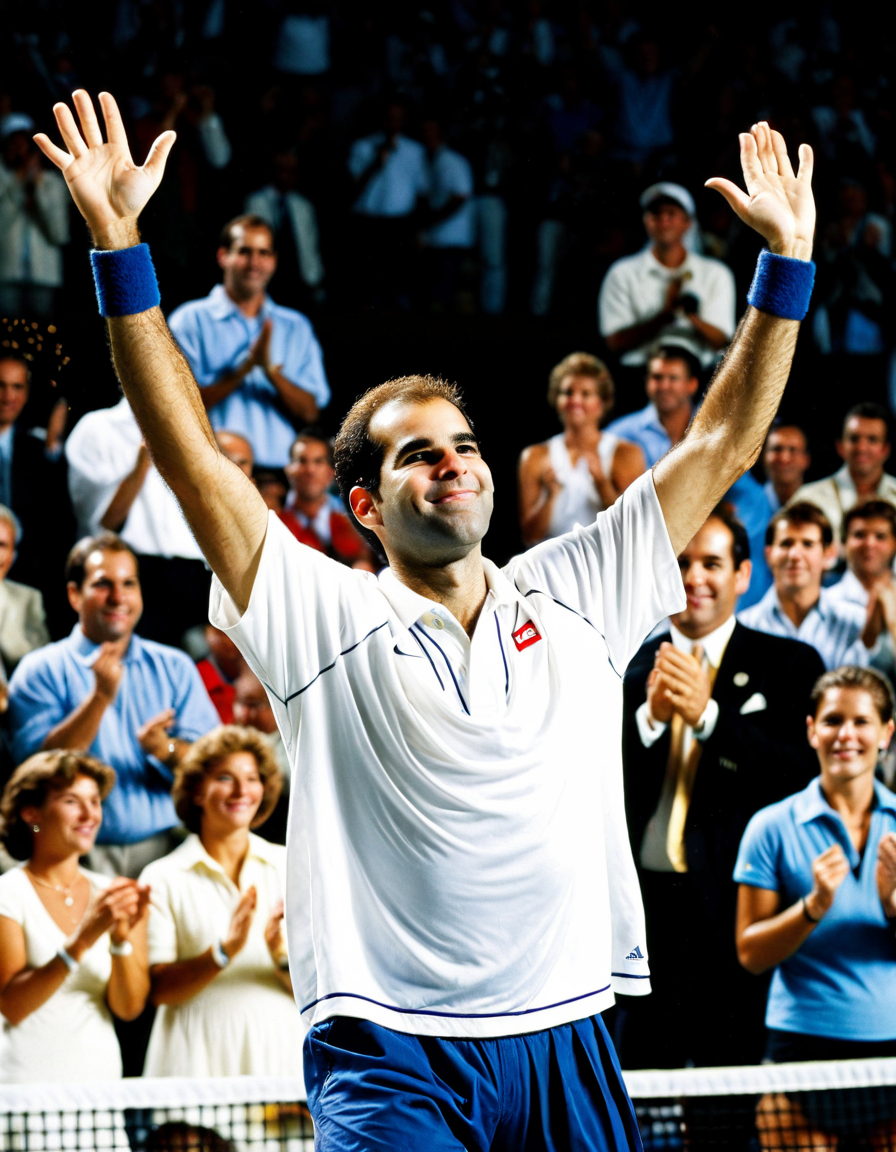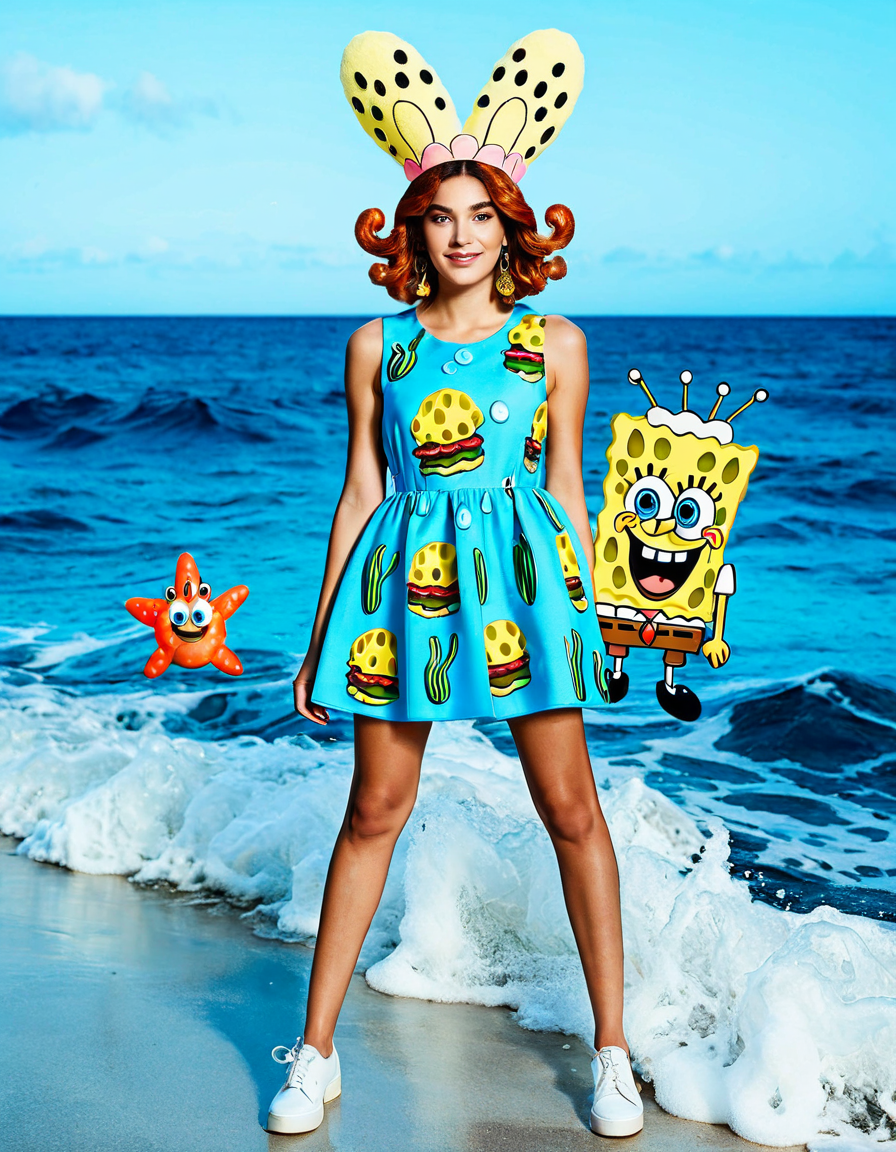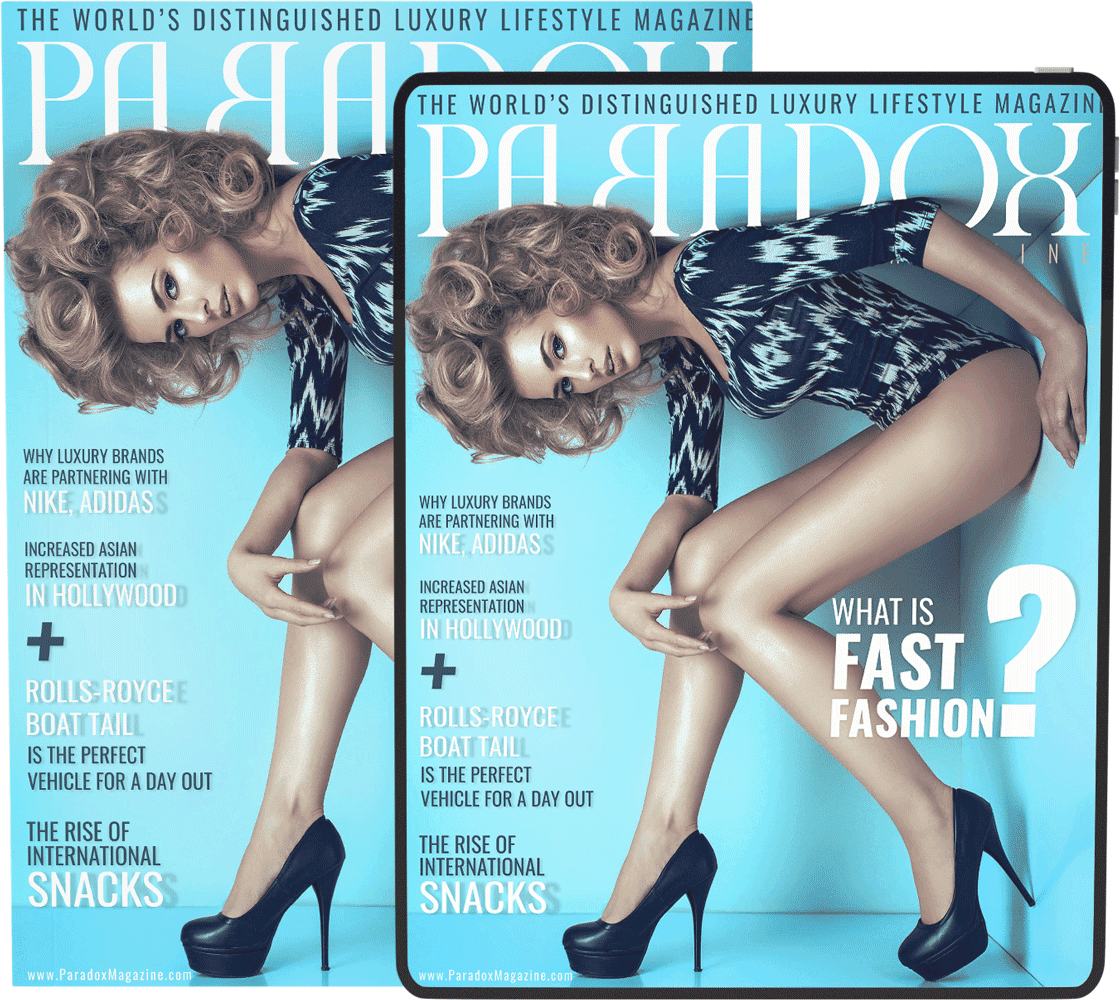When we dive into the world of Shakespeare, Othello stands out as an archetype of tragedy, showcasing the intricacies of human emotion – jealousy, betrayal, and the disastrous outcomes they breed. Othello, the Moorish general in the Venetian army, offers an unforgettable portrait of a man entrapped by his insecurities and the destructive power of trust turned sour. His noble stature and military accomplishments cast a dazzling light, yet they are dimmed by his internal struggles, primarily stemming from his race and the societal prejudices in Venice. What makes Othello resonate so deeply? It is his very humanness; we witness his heartbreak unravel, much like the latest fashion collection, superbly layered yet ultimately undone.

1. Exploring Othello’s Character: The Epitome of Tragedy
Othello’s journey embodies a rich tapestry of emotional conflict. He is portrayed as a dignified leader, someone who gains respect and admiration not just for his prowess but for his wisdom. Yet, lurking beneath this polished exterior is a susceptibility that Iago expertly exploits. The tragedy manifests itself through Othello’s struggle against a society that deems him an outsider. Just as in fashion where your background must not strip away your appeal, Othello’s race and his status gnaw at his confidence, turning him into the very thing he fears: a jealous lover.
Othello is relatable; his fears and failings echo within many of us. As we watch his descent, we’re reminded of our own insecurities, exposing the vulnerabilities that could lead to our downfall. The emotional stakes rise as we see our hero teeter on the edge of sanity, driven by Iago’s venomous whisperings. Thus, Othello’s tragedy is not just his own, but a mirror reflecting society’s flaws, and today, we can’t help but draw parallels between his journey and the pressures of modern life.
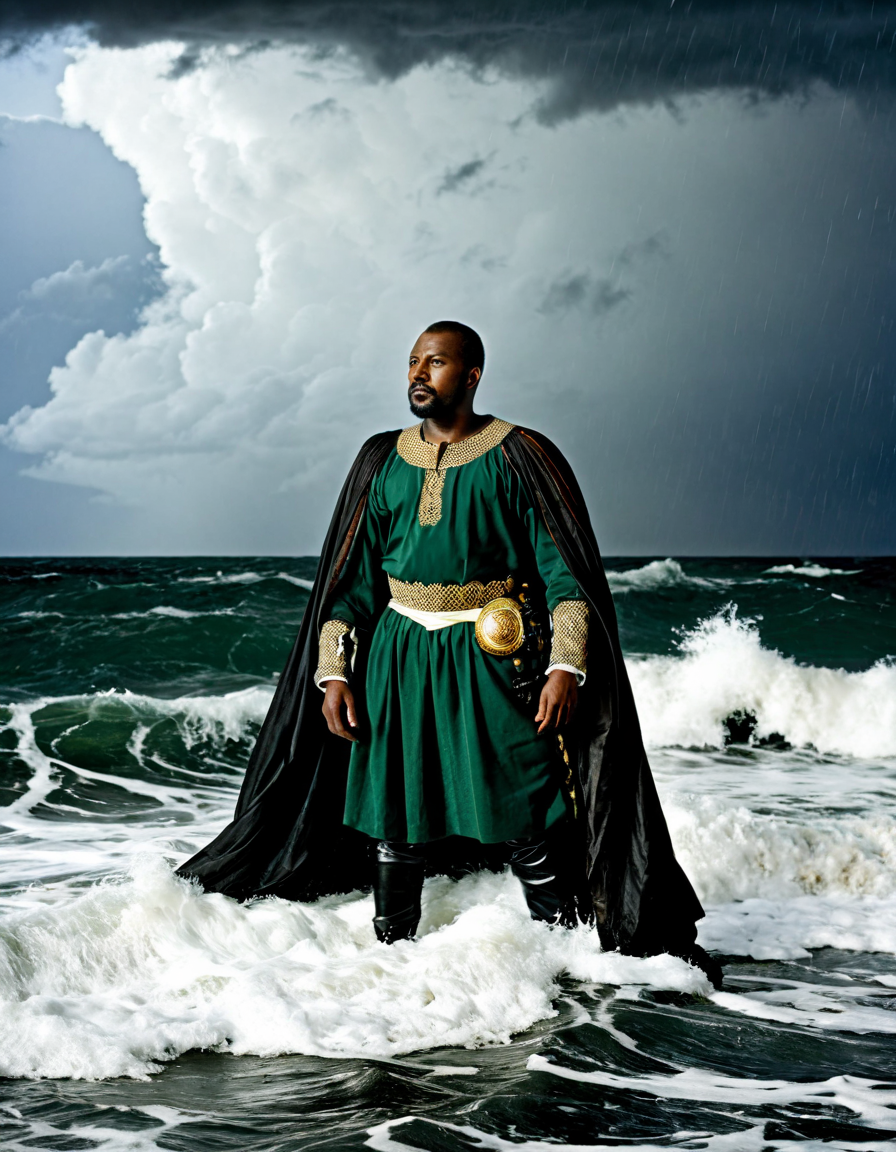
2. Top 5 Factors Leading to Othello’s Downfall
a. Iago’s Manipulation
Iago is the dark stylish figure that lingers in the shadows, orchestrating chaos with an elegance reminiscent of today’s haute couture. His diabolical schemes serve as a blueprint for emotional devastation. He knows precisely how to preying upon Othello’s doubts. By crafting subtle lies about Desdemona’s loyalty, Iago heightens Othello’s jealousy, leading to catastrophic decisions. His art of seduction in manipulation mirrors how one can expertly twist perceptions and erode trust in any relationship.
b. Othello’s Internalized Racism
Internalized racism is a silent villain within Othello’s narrative. His awareness of being an outsider leaves scars, feeding into his insecurities. The professional esteem he enjoys contrasts sharply with the casual look of disdain he receives at times from others, illustrating a societal rift. These feelings translate into paranoia, intensifying Iago’s sly suggestions and turning Othello into a shadow of his former self. We must reflect on how cultural perceptions shape our self-worth, serving as a barrier even today.
c. The Role of Women: Desdemona’s Agency
Desdemona is not the mere victim we often perceive. She’s the spark igniting Othello’s passion and birthright. Her defiant love for Othello both challenges Venetian norms and weaves complexity into their relationship tapestry. Yet, it’s this very defiance that seals their fate, presenting an often-overlooked power dynamic in society. Desdemona exudes agency, making choices that unsettle the status quo. As modern readers and fashion enthusiasts, her boldness invites us to ponder how we value relationships and power in our lives today.
d. The Toxicity of Male Friendship
Men’s friendships in Othello often become breeding grounds for toxicity. Iago’s façade of camaraderie blinds Othello to the true nature of their relationship. The bond they share is far from sincere but cloaked in the guise of loyalty. This toxic dynamic whispers of betrayal from the very hand that promises genteel companionship. Today’s audience can take a page from this tragic play; misplaced trust can fuse friendships with venom, reminding us that not every handshake is built on honesty.
e. The Cultural Context of Jealousy
In Venice, reputation is currency, and the societal standards serve as a crucible for personal flaws. Jealousy, while masquerading as a simple emotion, becomes a construct shaped by cultural expectations. Othello’s fate shines a glaring light on a truth we often overlook: internal vulnerabilities magnified by societal pressures can wreak havoc. When jealousy arises from cultural expectations, it becomes a potent poison feeding off the insecurities within us all.
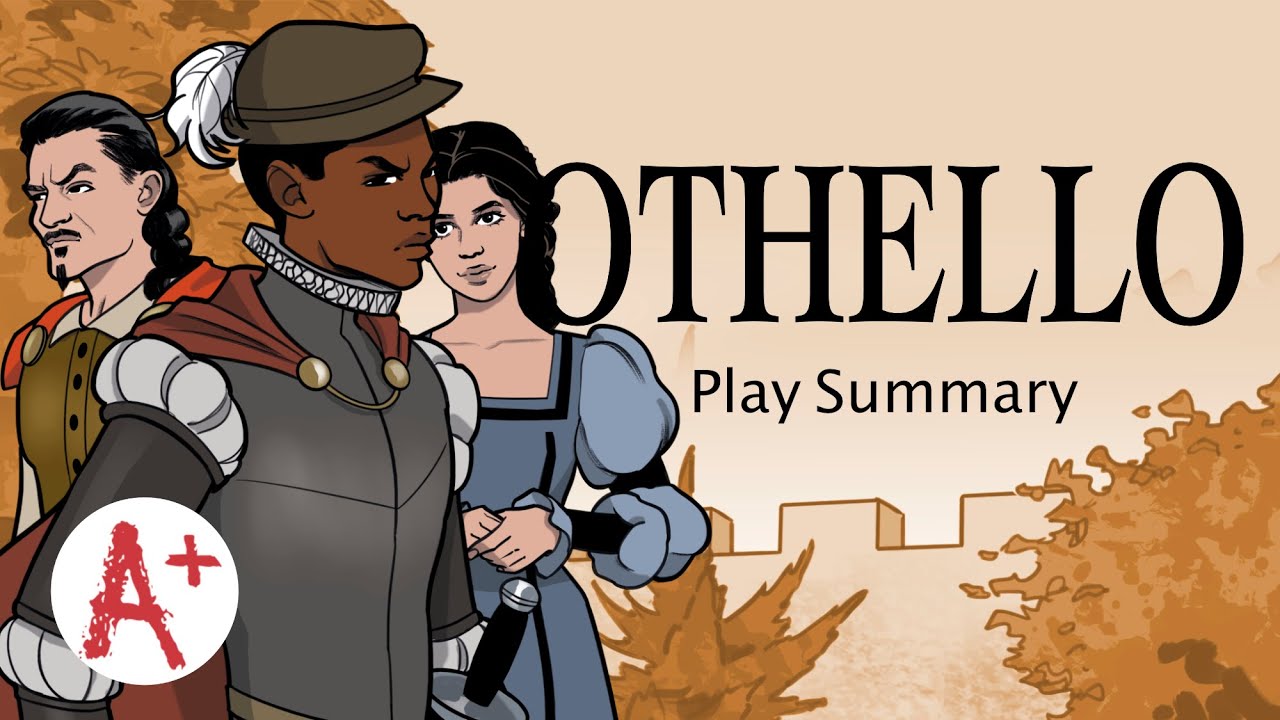
3. Othello and the Modern Stage: The Relevance of Othello on Broadway
Fast forward to 2026, and Othello is still captivating audiences. Recent Broadway adaptations breathe fresh air into this classic, showcasing the timelessness of jealousy and betrayal through diverse casting and contemporary themes. The 2020 revival, for instance, reached new heights, presenting Othello’s story in a manner that connects with today’s societal struggles, making us rethink who we trust and why. Broadway illuminates how Othello’s tragic tale echoes in our world, reflecting our ongoing battles against insecurities and blind trust.
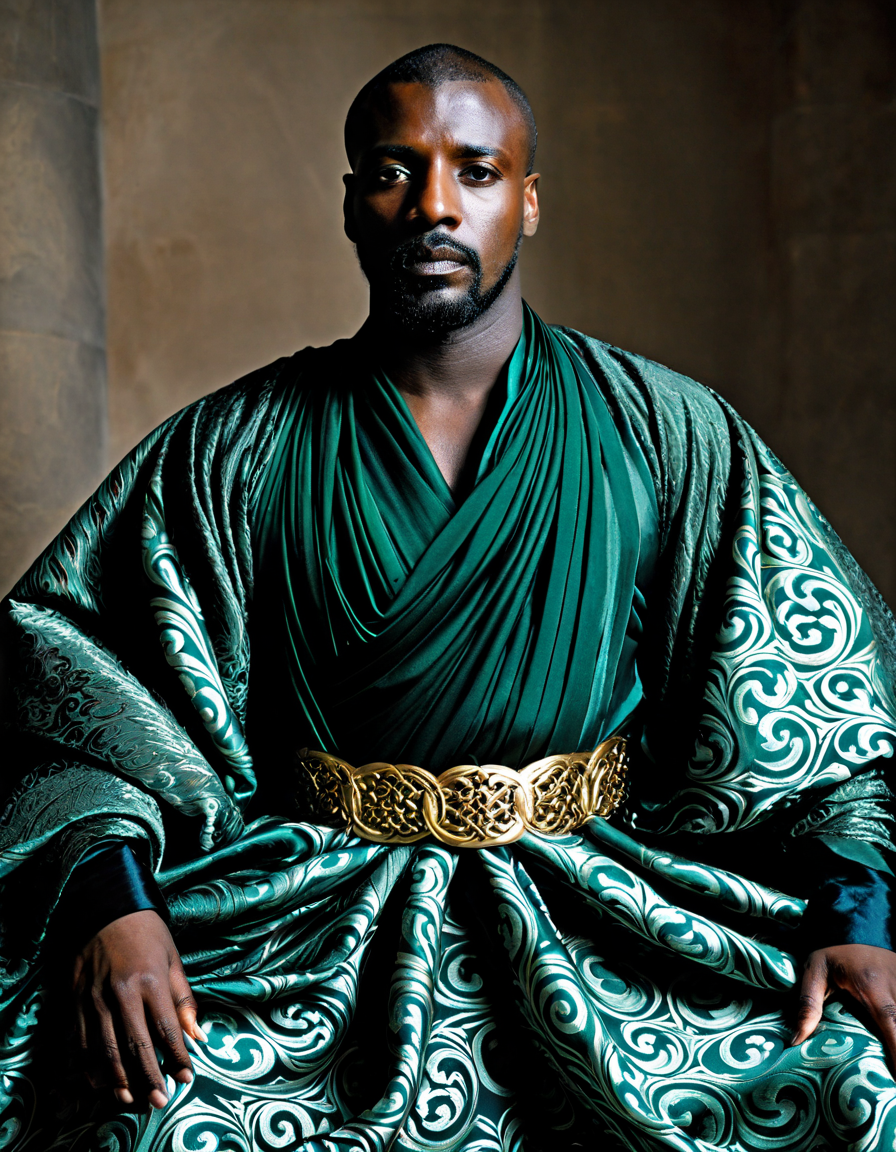
4. The Duality of Jealousy: Love and Obsession in Othello
In Othello, jealousy is neither black nor white; it’s a complicated interplay of love and obsession. Othello’s love for Desdemona morphs into a consuming fire; he desires without seeing clearly. Iago’s emotional turbulence also stems from jealousy, albeit rooted in revenge and bitterness. By understanding this duality, we can unravel how jealousy intertwines with the very essence of human relationships. This theme strikes a chord today as conversations around mental health grow louder, illuminating the intricate threads of love and obsession in our own lives.
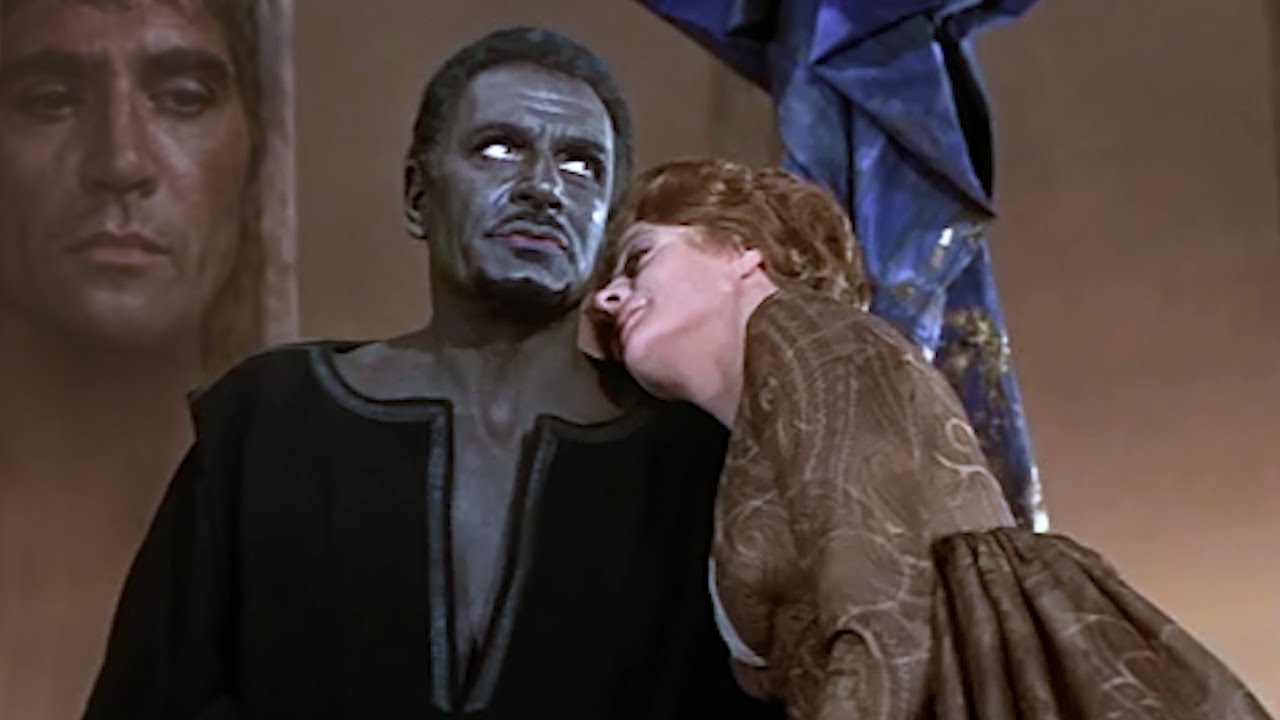
5. Lessons from Othello: Reflecting on Trust and Relationships
Othello is more than a mere tragedy; it’s a masterclass in the human psyche, revealing crucial lessons about trust. The deceit and misunderstandings that propel Othello’s downfall remind us of the importance of communication in our relationships. Jealousy, if left unchecked, can worm its way into our hearts, leading to ruin. We need to recognize this timeless alert encapsulated within Othello’s tale, urging us to maintain openness and transparency amidst our emotional complexities.
Reflecting on Othello’s Legacy in a Contemporary Context
Ultimately, Othello’s tragic narrative transcends time, delivering poignant insights into jealousy and betrayal. It’s a narrative that continues to resonate, especially in a world marked by overwhelming social media pressures that echo the aesthetics of jealousy and betrayal. Our contemporary interpretations on stages across the globe challenge us to examine the dimensions of love, trust, and betrayal in our own lives. As the character of Othello grapples with societal biases and personal demons, we too must assess our values in an ever-changing world, where the fight against jealousy and betrayal remains ever relevant.
And just like that, the fashionably tragic tale of Othello lingers in our hearts and minds, a timeless reminder that in every stitch of love and trust, we must tread carefully to avoid the pitfalls set by jealousy and betrayal. Don’t you just adore how art imitates life? Fashion, relationships, and Shakespeare — oh my! They all weave a fascinating narrative that continues to shape our journey through the fabric of time.
Othello: The Tragic Hero Fighting Jealousy And Betrayal
The Origins of Othello and its Cultural Impact
Did you know that Shakespeare’s “Othello” is one of the playwright’s most performed works, showing just how timeless the struggles of jealousy and betrayal are? While Othello’s tale unfolds with intense drama, there’s a fascinating backdrop to the character’s origins. Shakespeare’s inspiration likely stemmed from a collection of tales, including one in “Hecatommithi” by Cinthio. This blend of history and narrative continues to influence modern storytelling, much like the latest blockbuster Fast And Furious 6, weaving tales of loyalty and treachery that captivate audiences everywhere.
Interestingly, the themes in “Othello” resonate beyond theater. In pop culture, we often explore similar topics, like the contemporary exploration of emotions seen in films like the upcoming “It Ends With Us” movie, which dives into complex relationships. Just like Othello’s tragic downfall, it serves as a reminder of the dangers that jealousy can bring. And while we’re at it, did you ever consider how classic characters influence everything from modern skincare tips, like finding the best face Moisturizer, to our fascination with celebrity lifestyles, such as Kim Kardashian’s age?
Unpacking Othello’s Character and Symbolism
Shakespeare painted Othello as a multifaceted character whose flaws propel the story. His jealousy is not just a personal struggle but symbolizes broader themes of trust and betrayal, much like the underlying tensions in real life, which can even be reflected in daily horoscopes. For example, as the cancer daily horoscope suggests navigating emotional waters can be challenging for some. Othello’s journey reminds us that unchecked emotions can have devastating effects on our lives.
Another intriguing aspect of “Othello” is its connection to the arts beyond theater. Artists like Sibylle Szaggars have interpreted the themes of the play in their works, highlighting the enduring relevance of jealousy and love throughout history. Such interpretations show how these themes transcend time and space, just like discussions around new gadgets, such as the Cheapest Tesla, or the quirky yet fascinating blue film culture that seems to pop up everywhere. It’s all about understanding that jealousy and betrayal aren’t confined to historical characters but are human experiences that continue to resonate.
Embracing the tragedy of Othello isn’t just about the sadness of the story; it’s about recognizing these patterns in our own lives and how they can manifest in various forms, whether through literature, film, or personal experiences.
